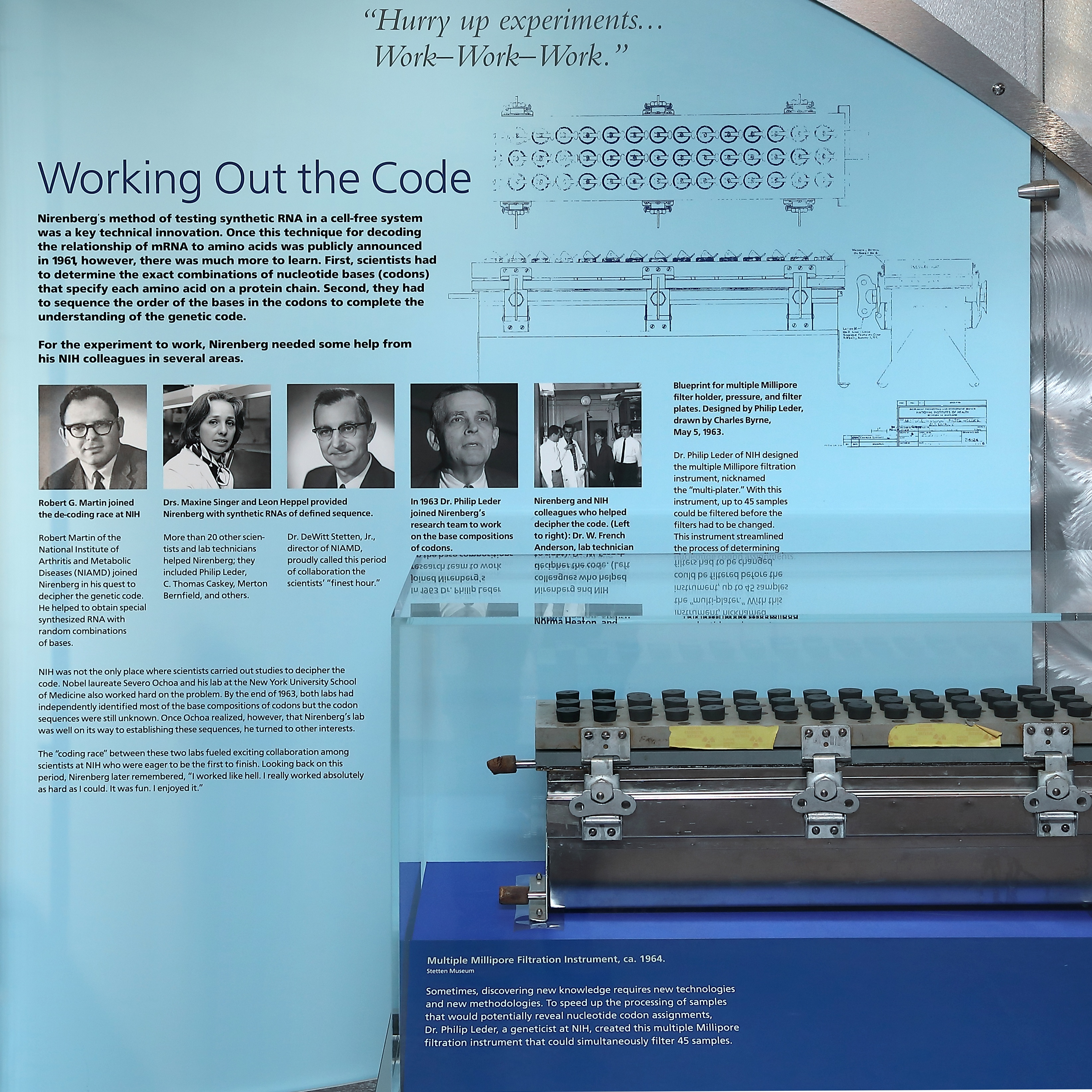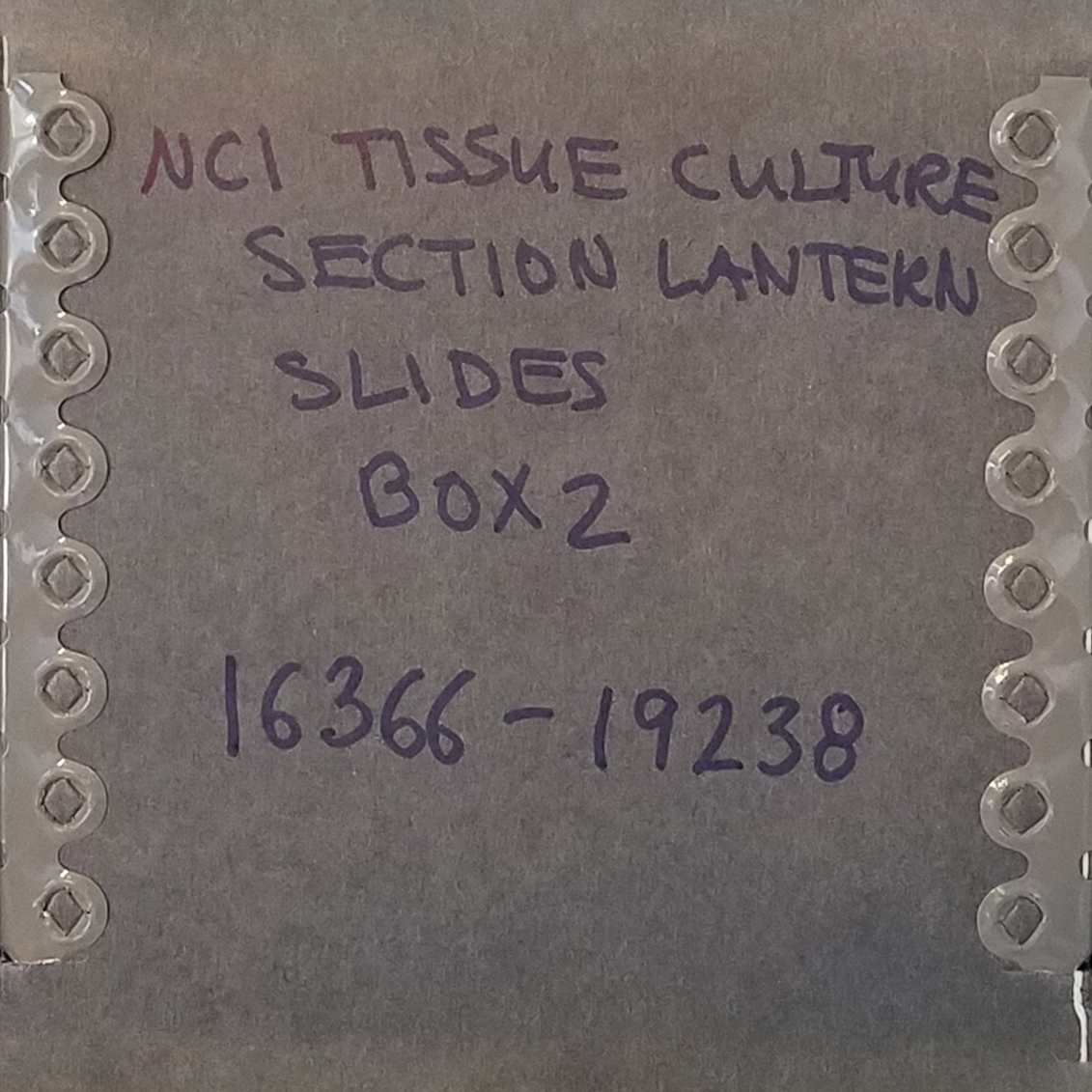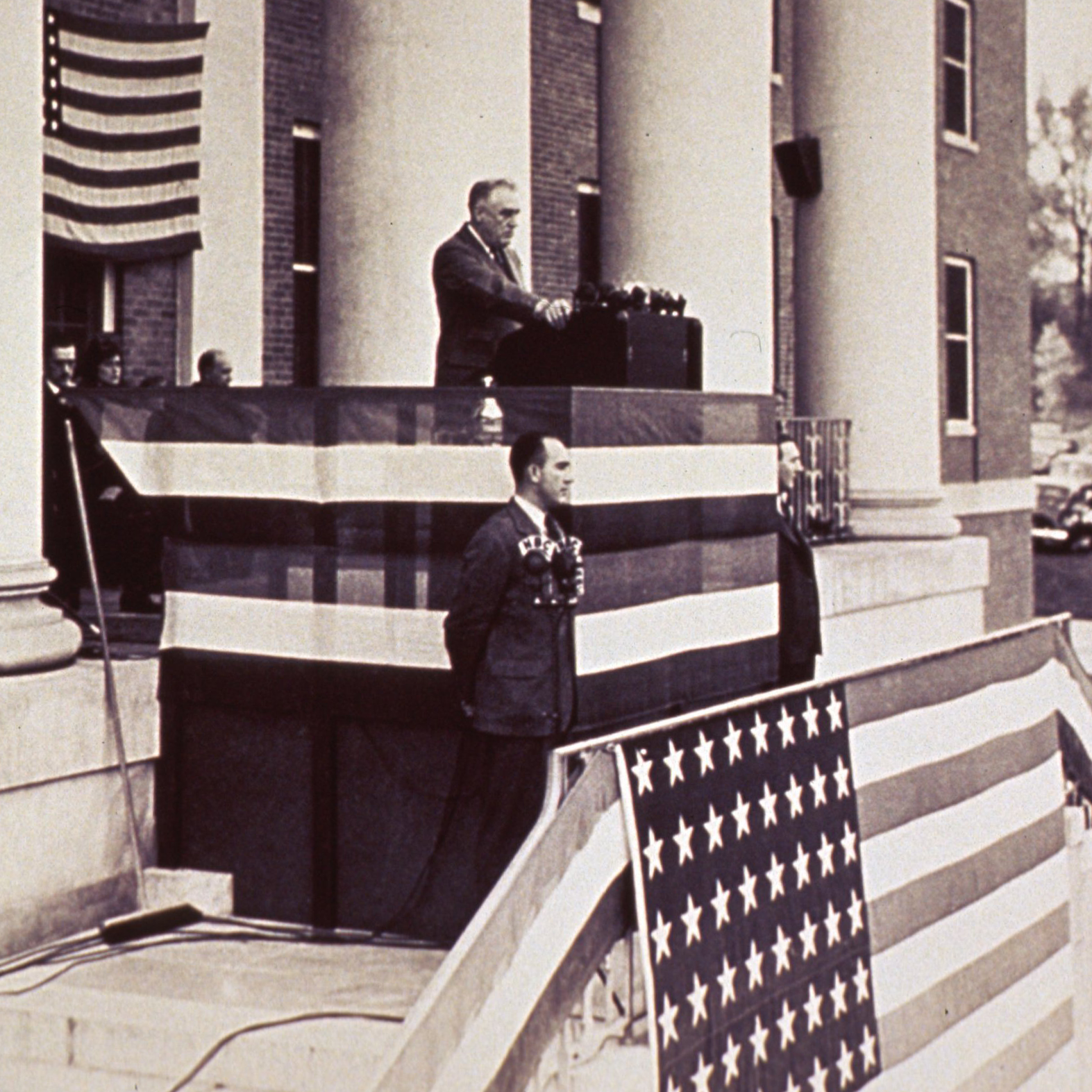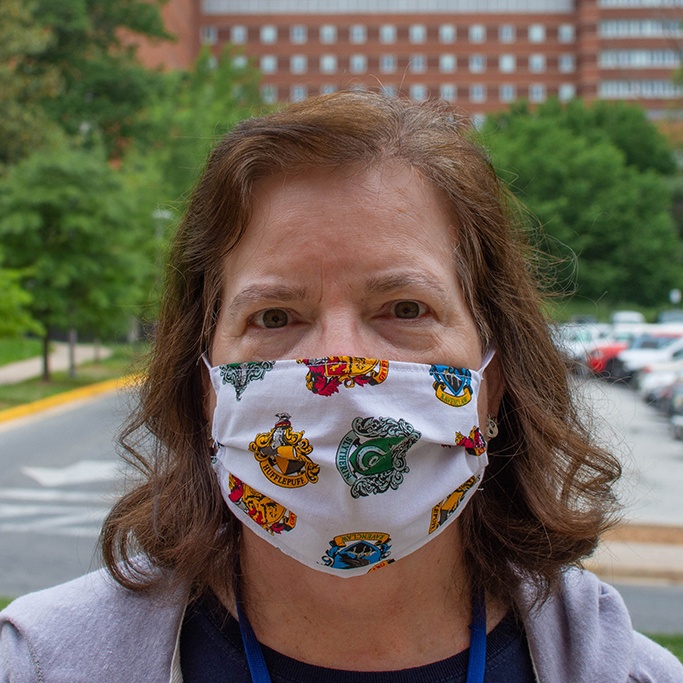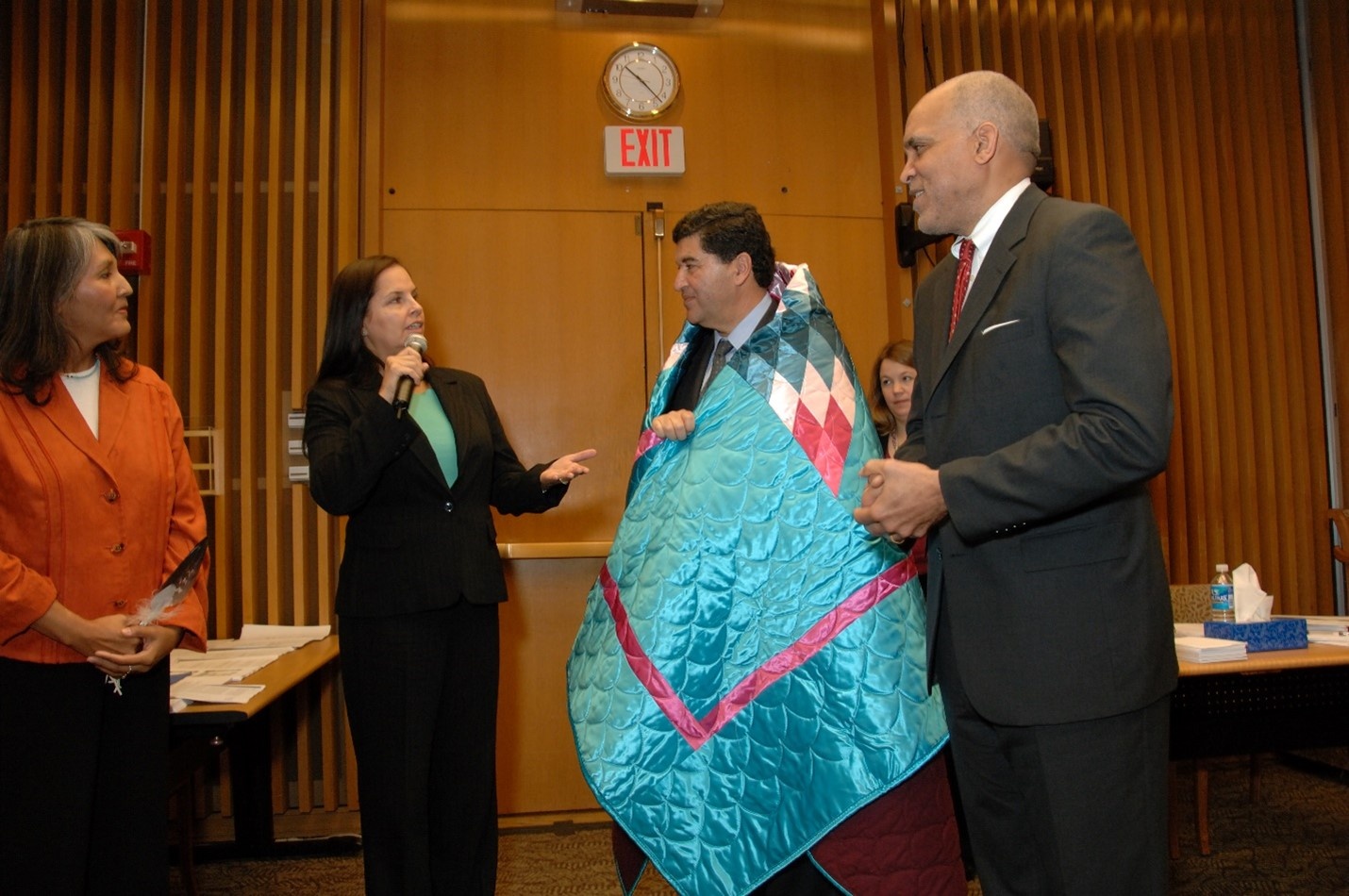A Note About Visiting Us
Our exhibits are spread out in several buildings across the NIH campus. At this point in time, the NIH campus is closed to visitors except for those who are participating in clinical protocols or who have other business on campus. We look forward to welcoming visitors again in the near future.
Highlights
The DeWitt Stetten Jr. Museum of Medical Research, established in 1986, preserves and interprets the material culture of the scientific work of the NIH. In conjunction with the broader Office of NIH History, the Stetten Museum collects biomedical research instruments, photographs, videos, journals, oral histories, and objects related to the general history of the NIH, including architectural artifacts, artwork, and clothing.
The Office of NIH History and Stetten Museum holds many collections: objects, images, and documents, and books. We have over 3,100 objects and thousands of photographs related to NIH history. There are many ways to search our collections.
The Office of NIH History and Stetten Museum was established to increase historical understanding of the National Institutes of Health and biomedical science among NIH staff, scholars, and the general public. The Office serves as a source of information for NIH history by maintaining a subject and biographical ready-reference collection.
Dr. Kim Pelis Named ONHM Director
Dr. Pelis has worked at the NIH for more than 15 years, primarily in the Office of the Director, where she was lead speech writer on the NIH Director's Presentations Team and an editor for the NIH Director's Blog. Kim joins the ONHM with experience in both academic and public history. She earned her Ph.D. in the history of medicine from Johns Hopkins University School of Medicine. Prior to coming to the NIH, Kim was an assistant professor of medical history at the Uniformed Services University, across the street from the NIH, from 1998 to 2005.
Observing Native American Heritage Month
From left to right: Lora M. Church, Dr. Cynthia Lindquist, Dr. Elias Zerhouni, and Dr. Raynard Kington, acting director following Zerhouni.


